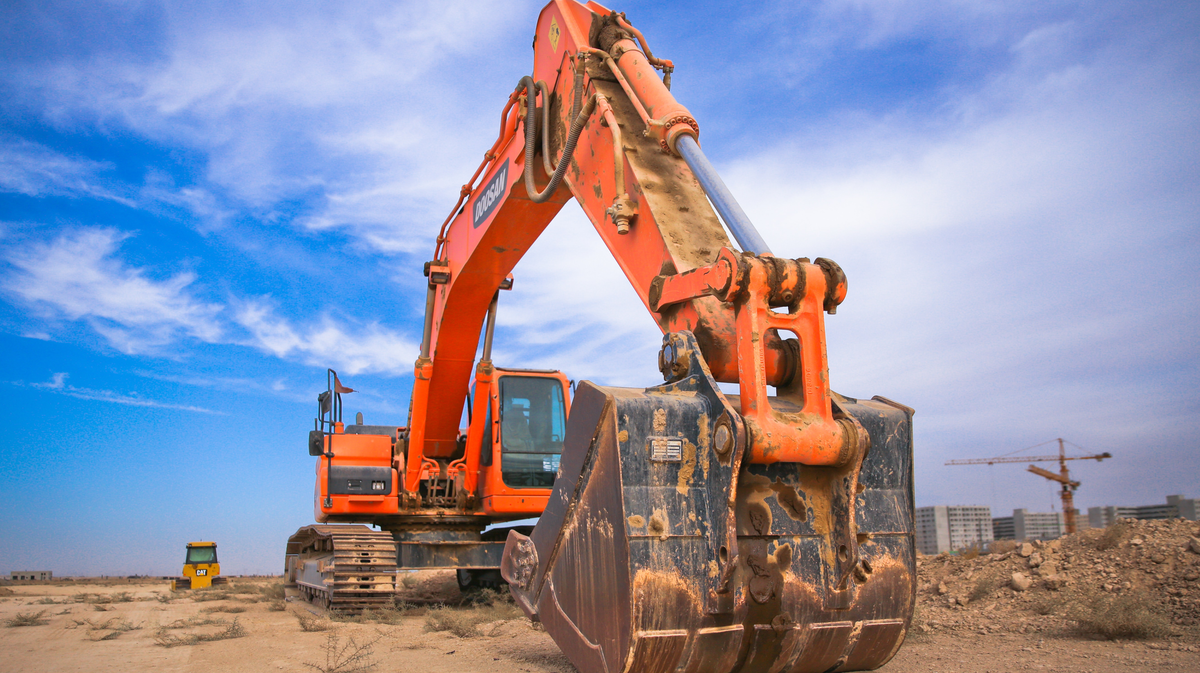Technology has the power to revolutionize any and every sector that it touches. The heavy equipment sector is no exception to this theory. Several technological advancements have been brought about in this arena that can provide a safe working condition for workers, enhanced collaboration, optimized operating principles, and improved productivity.
Here are some of the top technological advancements in the heavy machinery industry.
Internet of Things (IoT)
With this intelligent technology, the equipment can communicate internally or externally with other machinery and computers. Sensors can be used to understand the present working condition of the equipment. For example, one can track and monitor:
● The performance hours of a machine
● The amount of fuel it consumes
● Working hours and idle time
● GPS tracking, among others
All this data can be collated, managed, and studied on a central platform. Post analyzing the data, you can establish a performance baseline and create standard operating procedures for optimal usage. You can proactively catch hold of issues in the machinery with the help of sensors.
You can also automate machines to perform repetitive and preventative tasks. For example, when the machine is low on fuel, it can send an alert for more fuel. This advanced alert ensures there is no waiting period involved in fuel ordering and refuelling, improving productivity.
cloud technology
Using cloud technology, every team member or employee on the project site can stay in touch at all times. With cloud applications, software, data are all stored in remote servers. Any of the team members with the proper authorization can access these details and modify them in real-time. One can use a simple device like a smartphone to access cloud services.
In case of any issues encountered on a project site, a management team residing in a remote location can track and monitor the same, owing to real-time data access. Engineers can be dispatched to look into the machinery, cutting down on human errors or reporting delays.
Cloud technology can help improve collaboration between remote teams, reduce delays, track progress in real-time, improve accountability, and enhance overall productivity.
Electric Powered Heavy Equipment
Partial and fully electric-powered machinery is the future of the construction industry. Giants like Caterpillar, Bobcat, and Liebherr already have electric-powered machinery in the R&D phase and commercial use models.

Volvo has gone a step ahead and announced that the company will be focusing on electric-powered machinery in the future and ceasing the development of diesel-powered equipment. The change will be first implemented for small compact machinery, and as for big machinery, diesel still is a sustainable option.
Finding sustainable solutions that help boost productivity while considering environmental concerns is the need of the hour.
Improved Operation Technology
Heavy equipment handling parts are adjusted and refined to suit the employees’ way of operating the machinery.For example, the introduction of a joystick is a small change but can improve efficiency and offer comfort and convenience to its operator.He/ she can work for longer hours with reduced effort as there is no more manual pushing and pulling of levers involved that require high arm force. An operator can accomplish heavy-duty work at a faster rate with minimal wrist and arm force.
Digitizing equipment and scheduling machinery to perform repetitive tasks can reduce human effort. You can use virtual reality to study the construction site beforehand and ensure security measures are in place for the operators’ safety. You can also use remote-controlled drones to check dangerous worksites, assess risks, monitor real-time progress, and send out alerts in case of any issues or mishaps.
To know more about the leading heavy machinery equipment that use the latest technological innovations, please view website.
Robotics
There has been significant research in developing robotic and autonomous solutions in the form of commercially viable construction equipment. These robots can be introduced in the supply chain to improve productivity and reduce human intervention.
Robots can carry out tasks such as raw material delivery, bricklaying, drywalling, and demolition. You can utilize remote-controlled vehicles to complete excavation tasks in dangerous areas. Innovation in the field of robotics does not eliminate the need for human effort. Employees will have to be trained and provided experience in setting up and handling these robotics devices.
Other technological advancements like big data, artificial intelligence, and machine learning also make their appearances in the heavy equipment industry. You can utilize data collection and analysis to study and predict patterns, creating safe and productive work environments. The future is dedicated to making these technological solutions sustainable for both the environment and the heavy machinery sector. Many sectors have realized its potential, and it’s time for you to lay your eyes on the latest technological advancements in heavy machinery.





